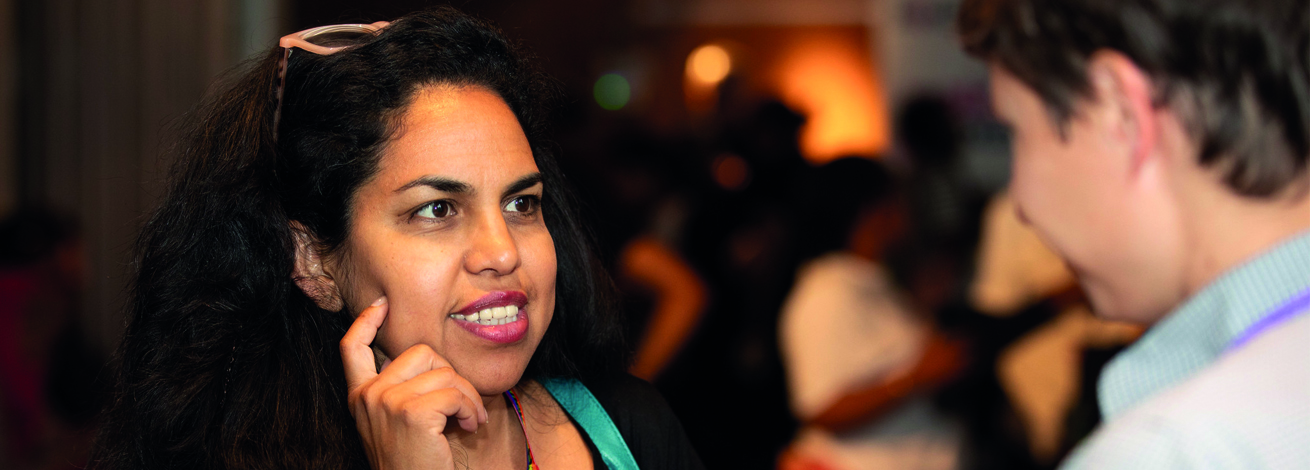Find services
Whether you want to register with a GP practice, find out where your nearest urgent care centre is or need support with a long term condition or health issue, we can help you find the services you need. Have a look at the Find Services page or call our Information and Signposting Service
Your health
Find lots of useful information and up-to-date articles on issues such as Mental Health and cost of living support on our Your Health pages.
If you can’t find the information you need then please get in touch.












